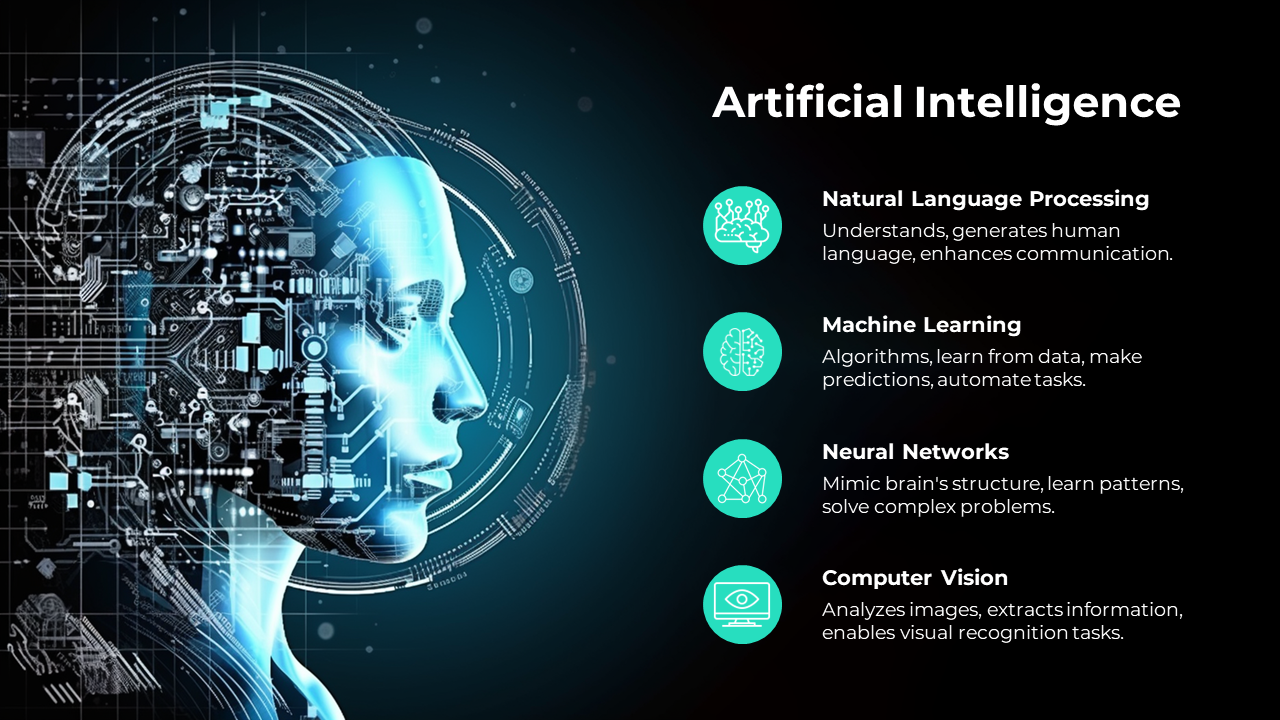About the course
An AI syllabus typically covers fundamental computer science, mathematics, and statistics, with a focus on machine learning, deep learning, natural language processing, and computer vision. It also includes modules on AI ethics, robotics, and practical projects.
Here's a more detailed breakdown:
Core Modules:
Fundamentals of Computer Science:
This module covers the foundational concepts of programming, data structures, algorithms, and software engineering.
Mathematics for AI:
This module delves into the mathematical principles underpinning AI, including linear algebra, calculus, probability, and statistics.
Machine Learning:
This module introduces various machine learning techniques, including supervised and unsupervised learning, decision trees, and neural networks.
Deep Learning:
This module explores the architecture and applications of deep neural networks, focusing on convolutional neural networks (CNNs) and recurrent neural networks (RNNs).
Natural Language Processing (NLP):
This module focuses on enabling computers to understand and generate human language, covering topics like text analysis, machine translation, and chatbots.
Computer Vision:
This module explores the field of AI that enables computers to "see" and interpret images, focusing on image recognition, object detection, and scene understanding.

- Teacher: Admin User